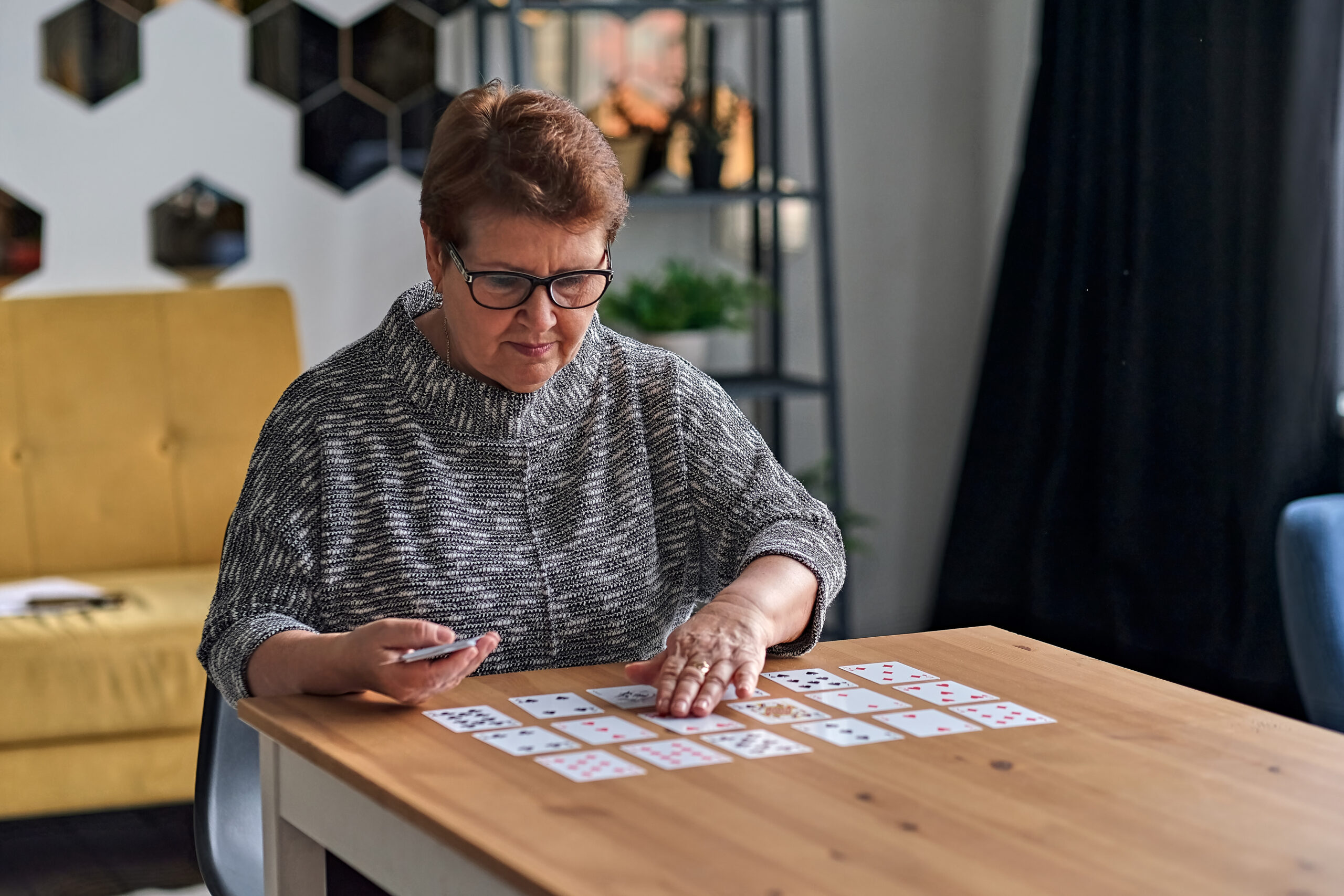What are the most common causes of confusion in the hospital for older adults
Confusion in older adults during hospital stays is a common issue, often referred to as delirium. This condition can be quite distressing for both patients and their families. Delirium is not the same as dementia, although they can sometimes be confused with each other. While dementia is a long-term condition that develops over years, delirium can appear suddenly, often within hours or days.
### Common Causes of Delirium
1. **Unfamiliar Environment**: Hospitals can be overwhelming, especially for older adults. The noise, lights, and unfamiliar surroundings can easily lead to confusion.
2. **Medications**: Certain medications, especially those used for sedation or pain management, can cause confusion in older adults. This is why hospitals often try to avoid using these medications unless absolutely necessary.
3. **Underlying Medical Conditions**: Infections, chronic illnesses, and other health issues can contribute to delirium. Proper management of these conditions is crucial to prevent confusion.
4. **Lack of Sleep and Disrupted Routine**: Hospitals often have irregular schedules and noisy environments, which can disrupt sleep patterns. This disruption can exacerbate confusion.
5. **Sensory Deprivation**: Not having access to glasses or hearing aids can make it difficult for patients to understand their surroundings, leading to confusion.
6. **Pain and Discomfort**: Poor pain management can also contribute to delirium. Ensuring that patients are comfortable is an important part of preventing confusion.
### Preventing Delirium
Preventing delirium involves creating a supportive environment that addresses the needs of older adults. This includes:
– **Age-Friendly Care**: Hospitals that provide age-friendly care focus on preventing delirium by monitoring and treating underlying conditions, avoiding certain medications, and ensuring patients have necessary aids like glasses and hearing aids.
– **Regular Routine**: Maintaining a regular routine, including meal times and sleep schedules, can help reduce confusion.
– **Social Interaction**: Encouraging visits from family and friends, as well as providing mentally stimulating activities, can help keep patients engaged and reduce confusion.
– **Environmental Adjustments**: Simple changes like opening curtains for natural light during the day and ensuring nighttime is dark and quiet can help patients stay oriented.
By understanding the causes of delirium and implementing strategies to prevent it, hospitals can significantly improve the experience and outcomes for older adults.





